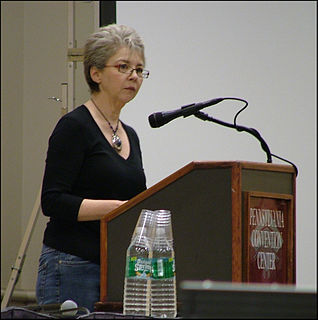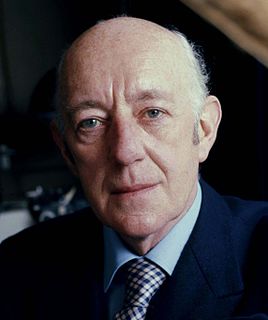A Quote by Olaf Stapledon
Men endured so much for war, but for peace they dared nothing.
Related Quotes
So a war begins. Into a peace-time life, comes an announcement, a threat. A bomb drops somewhere, potential traitors are whisked off quietly to prison. And for some time, days, months, a year perhaps, life has a peace-time quality, into which war-like events intrude. But when a war has been going on for a long time, life is all war, every event has the quality of war, nothing of peace remains.
The twentieth century had dispensed with the formal declaration of war and introduced the fifth column, sabotage, cold war, and war by proxy, but that was only the begining. Summit meetings for disarmament pursued mutual understanding and a balance of power but were also held to learn the strengths and weaknesses of the enemy. The world of the war-or-peace alternative became a world in which war was peace and peace war.
Finally, I wish to remember the millions of Allied servicemen and prisoners of war who lived the story of the Second World War. Many of these men never came home; many others returned bearing emotional and physical scars that would stay with them for the rest of their lives. I come away from this book with the deepest appreciation for what these men endured, and what they scarified, for the good of humanity. It is to them that this book {Unbroken} is dedicated.
To wage war on misery and to struggle against injustice is to promote, along with improved conditions, the human and spiritual progress of all men, and therefore the common good of humanity. Peace cannot be limited to a mere absence of war, the result of an ever precarious balance of forces. No, peace is something that is built up day after day, in the pursuit of an order intended by God, which implies a more perfect form of justice among men.
The price of peace is righteousness. Men and nations may loudly proclaim, 'Peace, peace,' but there shall be no peace until individuals nurture in their souls those principles of personal purity, integrity, and character which foster the development of peace. Peace cannot be imposed. It must come from the lives and hearts of men. There is no other way.
... it is a commonplace that men like war. For peace, in our society, with the feeling we have then that it is feeble-minded to strive except for one's own private profit, is a lonely thing and a hazardous business. Over and over men have proved that they prefer the hazards of war with all its suffering. It has its compensations.







































